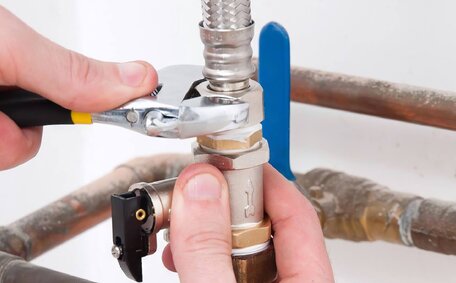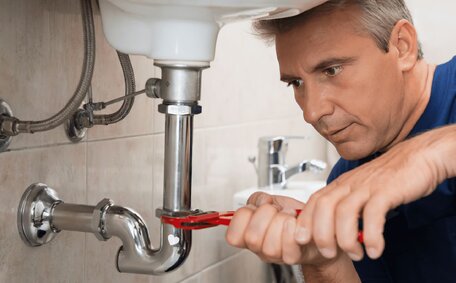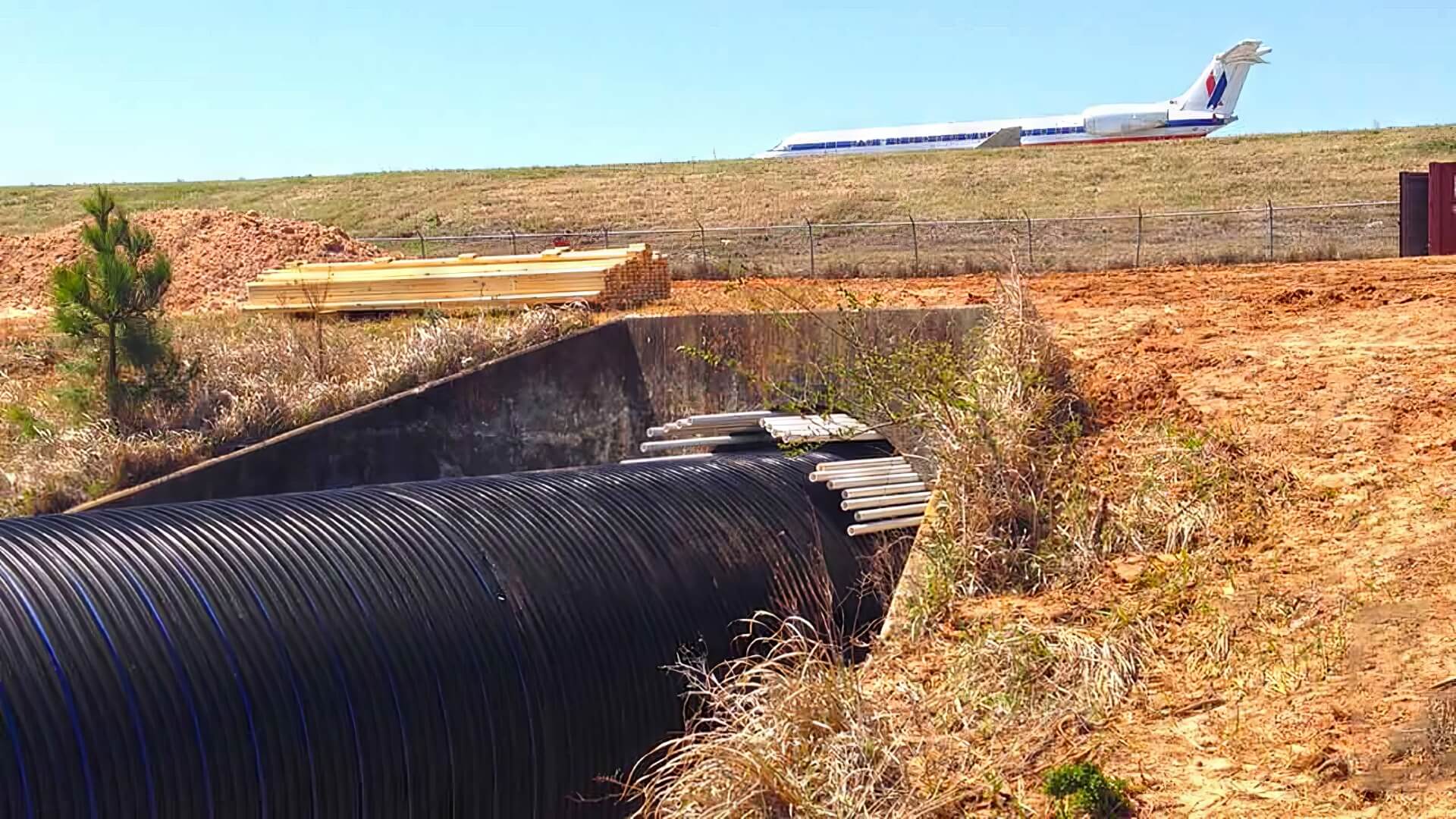
Is a broken tap an emergency?
A broken tap that is causing flooding, water wastage or damage should be treated as a plumbing emergency. Call our 24/7 emergency plumbers for prompt repairs to burst pipes, damaged taps, water leaks and more.
Read MoreTo detect gas leaks in your home, be aware of these indicators:
Recognising these signs should prompt immediate measures for safety. If you smell gas, suspecting a leak, quickly exit your home, avoid ignition sources, close the main gas valve, air out the space, and seek assistance from the gas company or emergency services.
If you discover signs of a potential gas leak, remain calm and take immediate protective steps. Below are essential steps to take if you must halt your gas supply due to a suspected leak:
An unchecked leak can precipitate major natural gas safety hazards, encompassing asphyxiation to carbon monoxide poisoning, or heighten the danger of combustion and explosions. Taking considered yet brisk action is pivotal to shield the welfare of your family and household until a licenced gas expert addresses the situation.
Evacuate your home immediately if a gas leak is suspected. Move clear of retracing steps into any structure or handling anything that could act as an ignition source if you can smell gas.
Move at least 100 metres away from any signs of gas near your property or to an assigned public evacuation point.
From a secure location, Phone the gas leak 1800 427 hotline at 1800 427 1800 if you suspect a leak, to rapidly inform emergency services, providing your location and contact details. Explain the gas leak situation so they can despatch appropriate responders promptly.
Connect promptly with your gas supplier by calling from outside on 131 909 to report the leak and request assistance. Providing specifics, including where gas leak issues are suspected, enables them to address such concerns, advise on next actions, and potentially shut off gas remotely while aid is en route.
Seeking assistance from qualified local gas technicians promptly helps minimise dangers from accumulation or ignition. Make sure to Refrain from compromising your safety by fiddling with your gas appliance unaided.
Your local gas professionals employ specialised tools so they can find out the precise location of leaks and repair them to restore safe operation. Evacuating and contacting emergency services or your gas company remains the right response until inspection declares the premises safe from gas hazards again.
It is critical for keeping your home gas safe and for your peace of mind to ensure that only a licensed gas professional can inspect potential gas leaks and perform the necessary repairs. Attempting DIY repairs on gas pipes or appliances risks leaks going undetected or posing further hazards, violating Australian gas installation standards.
Professionals use sophisticated equipment to detect and repair leaks, ensuring safe operation in line with OEM standards. They can also advise on next steps regarding usage and access to gas appliances.
Routine maintenance with certified technicians, such as gas meter checks, helps prevent leaks. Annual checks of appliances and gas infrastructure can reveal and rectify small defects before they escalate. Trained and accredited gas technicians meticulously address details homeowners might miss.
Avoid DIY repairs on gas systems as they carry significant risks. Legally, only accredited professionals should perform gasfitting and repairs. Ensuring repairs meet strict industry standards protects the safety of your home and family.
There are several proactive measures you can take to help prevent dangerous gas leaks within your home:
Engaging with skilled plumbers like North Ryde Plumbing offers essential gas safety advice and support. Our licenced technicians perform reliable installation and maintenance to strict safety codes, helping prevent risky gas leaks in your home over time.
For further tips or to call your local plumbing experts about our services, email us or call 1300 349 338.
A broken tap that is causing flooding, water wastage or damage should be treated as a plumbing emergency. Call our 24/7 emergency plumbers for prompt repairs to burst pipes, damaged taps, water leaks and more.
Read MoreBurst pipes, blocked toilets, sewer backups and lack of hot water are among the most common residential plumbing emergencies that require urgent attention from a professional plumber. If you experience any of these issues, call our 24/7 North Ryde emergency plumbers right away for fast, reliable service.
Read MoreTo determine if a relined pipe meets safety standards, professionals use equipment like CCTV cameras and hydrostatic pressure tests. Relining pipes is an affordable, non-invasive alternative to full replacement that can extend pipe lifespan 50+ years if done properly.
Read MoreNorth Ryde, 2113 NSW
We will call back as soon as possible.




